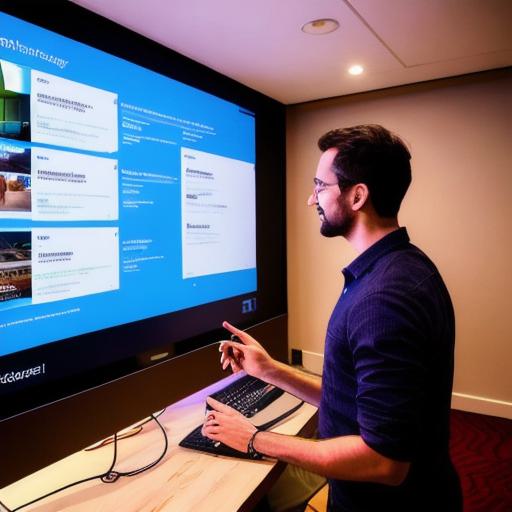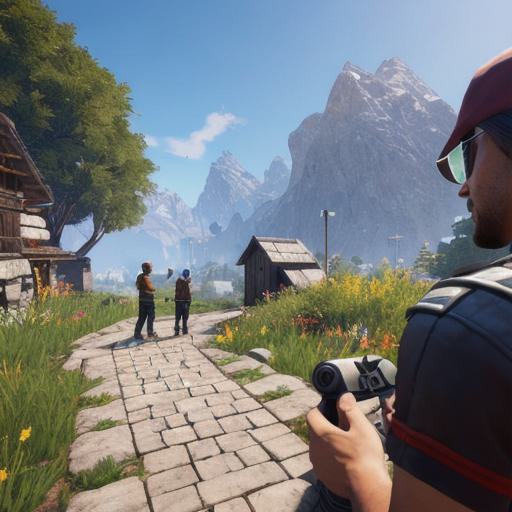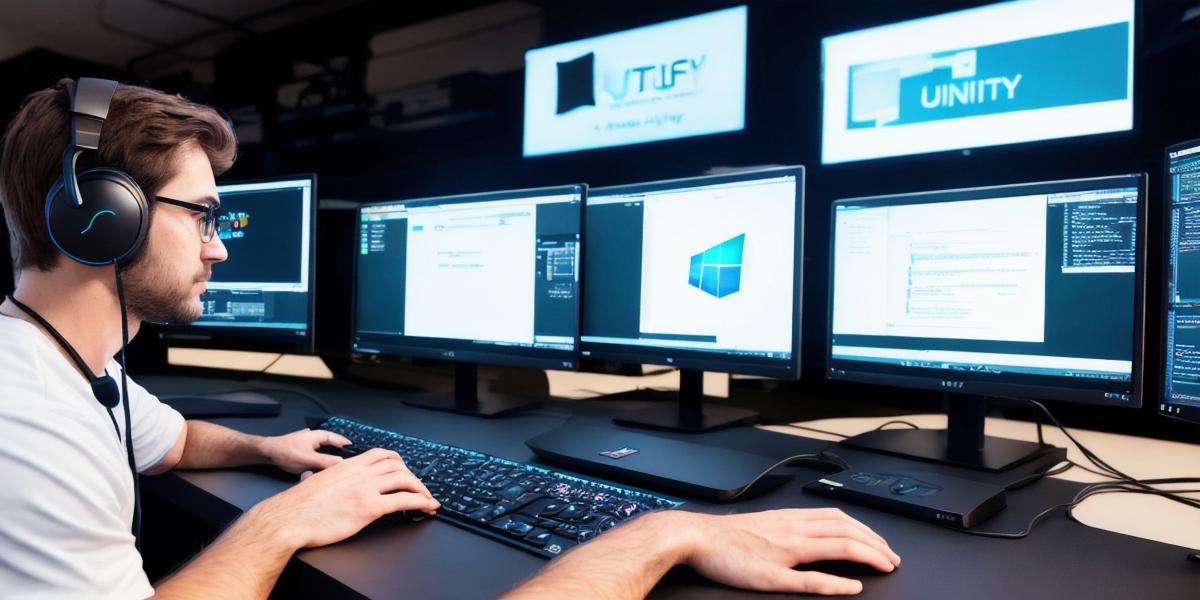Introduction
Hello web developers! If you’re here, it means you’ve expressed interest in expanding your skillset and diving into the world of game development using Unity. Unity is a powerful cross-platform engine that can be used to create 2D, 3D, VR/AR experiences for various platforms, including the web. In this comprehensive guide, we’ll discuss how you can become a Unity developer and unlock new opportunities in the gaming industry.
Why Unity?
Unity is an ideal choice for web developers looking to enter the game development scene due to its intuitive interface, extensive documentation, large community support, and versatility. Unity uses C as its scripting language, making it a perfect fit for those already familiar with this popular programming language. Furthermore, creating games for the web in Unity is achievable through WebGL, a JavaScript API that allows rendering of 3D content within web browsers.
**Getting Started: Prerequisites**

Before diving into Unity, ensure you have the following prerequisites:
- Basic understanding of C programming concepts
- Familiarity with HTML, CSS, and JavaScript for web development
- A stable Internet connection and a suitable computer system
Installing Unity

Download and install the latest version of Unity Hub from their official website (https://unity3d.com/get-started). Unity Hub is a centralized installation manager that simplifies managing multiple Unity versions, making it more convenient for developers.
**Learning the Basics: Unity Interface and Workflow**
Spend time exploring the Unity interface and getting familiar with its features, such as:
- Scene view
- Game view
- Hierarchy window
- Inspector window
- Project window
Familiarize yourself with essential concepts like components, prefabs, assets, materials, and scripts.
Creating Your First Unity Project:
A Simple 2D Platformer**
Create a new 2D project to get started. Experiment with creating game objects, manipulating properties using the Inspector window, writing C scripts, and importing sprites or animations. This hands-on approach will help you build confidence in Unity’s capabilities.
Advanced Topics: 3D Development, Animations, Physics, and WebGL Integration
Once comfortable with 2D development, consider branching out to more complex topics such as:
- 3D modeling and rigging for game objects
- Mastering Unity’s animation system (Animator Controller)
- Understanding physics engines like Fixed Timestep and Physics2D
- Implementing WebGL integration to share your projects on the web
**Conclusion: Join the Community and Keep Learning**
Unity is a vast and exciting platform, with countless resources available to help you grow as a developer. Engage with the Unity community by participating in forums, attending meetups, or joining online learning groups. Continuously challenge yourself with new projects, experiment with different genres, and collaborate with other developers. With dedication and persistence, you’ll be well on your way to becoming a proficient Unity developer and unlocking endless opportunities in the gaming industry.
